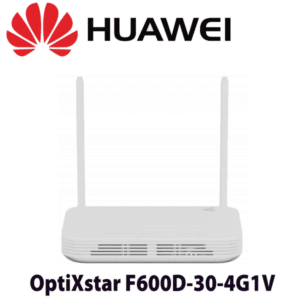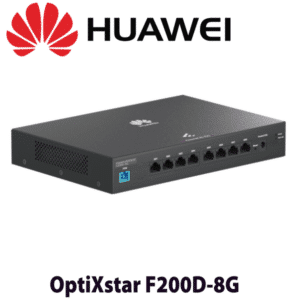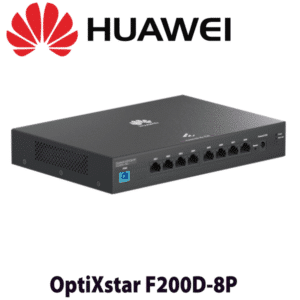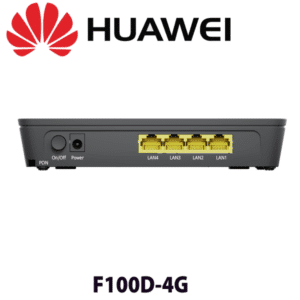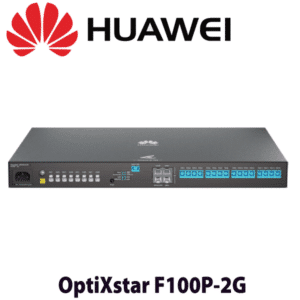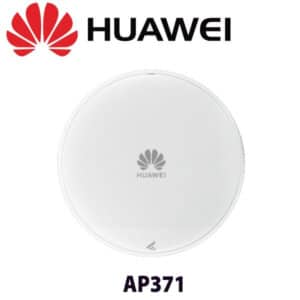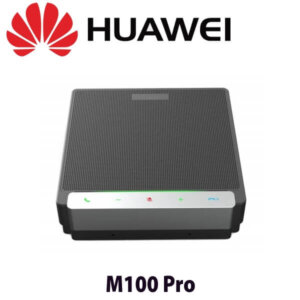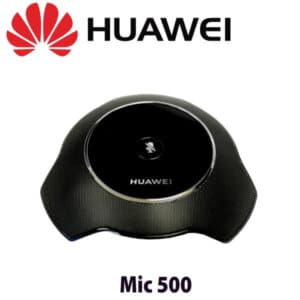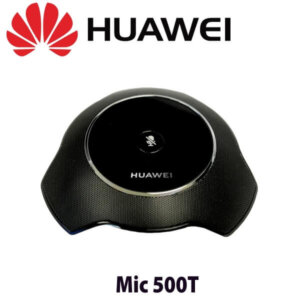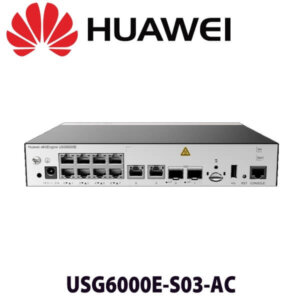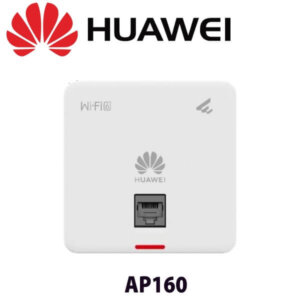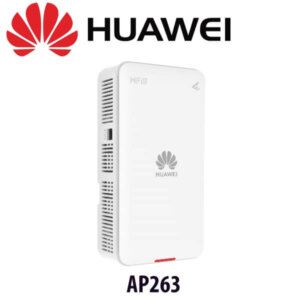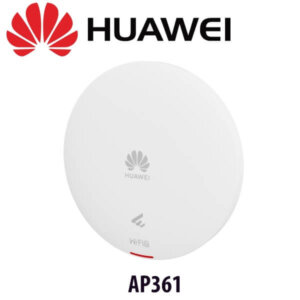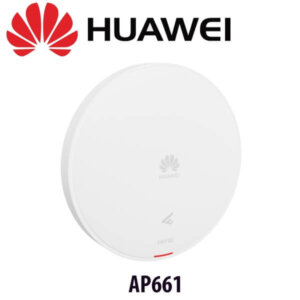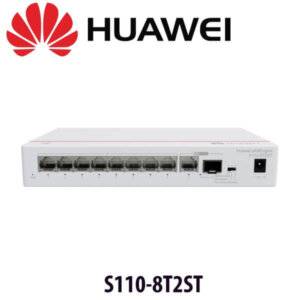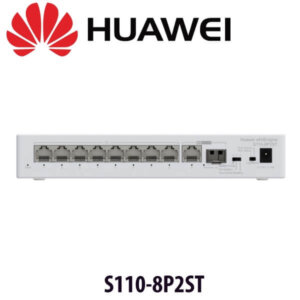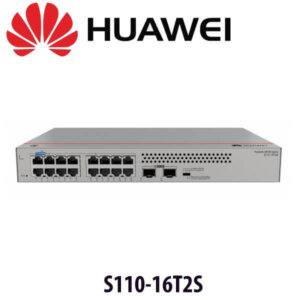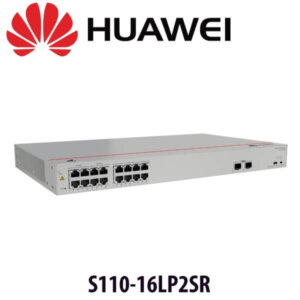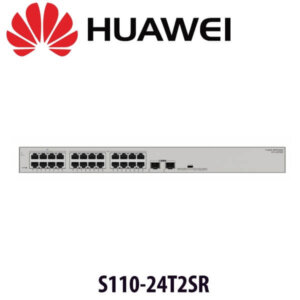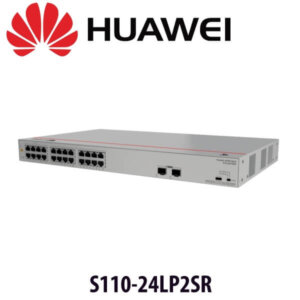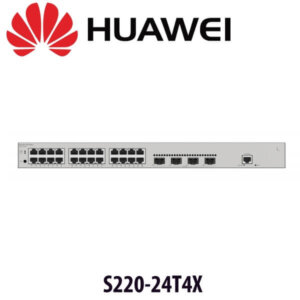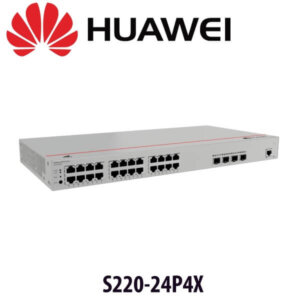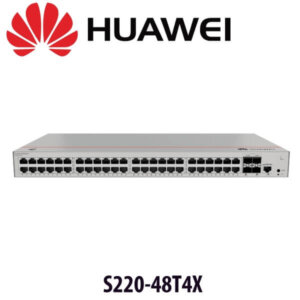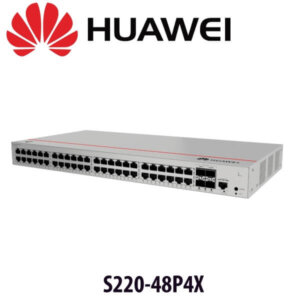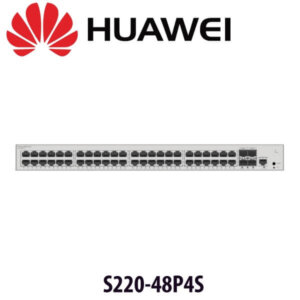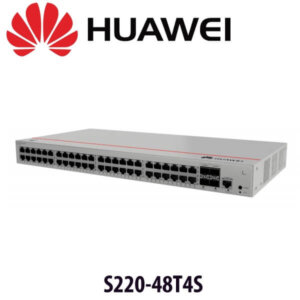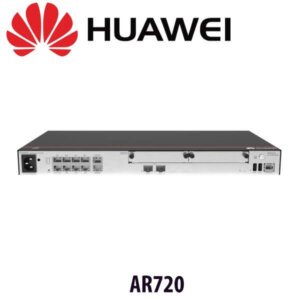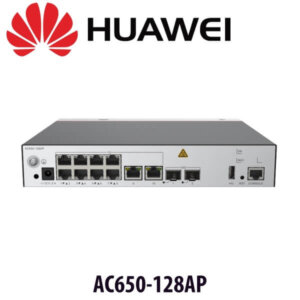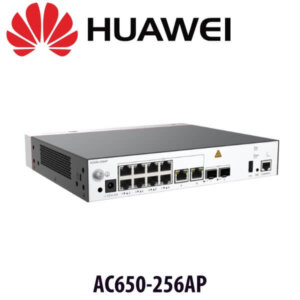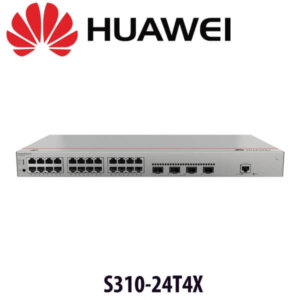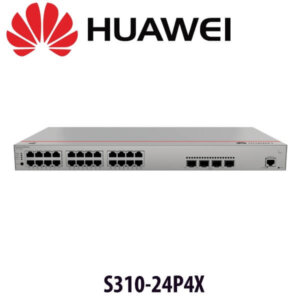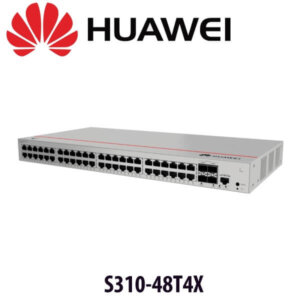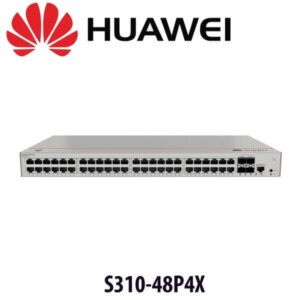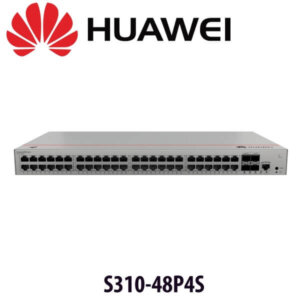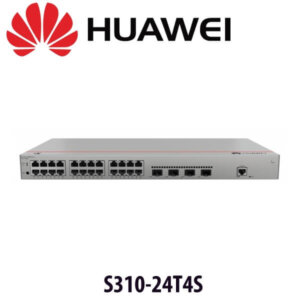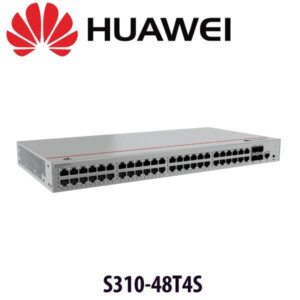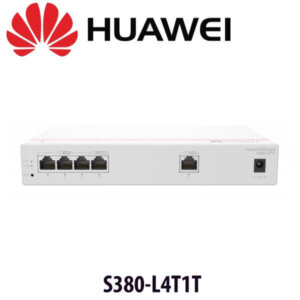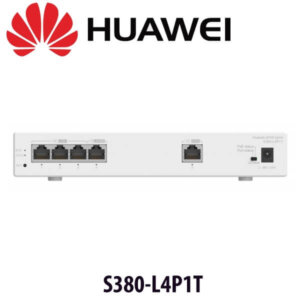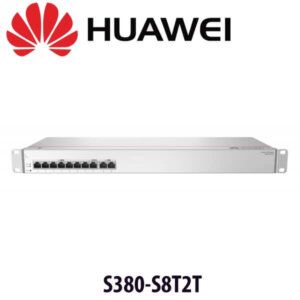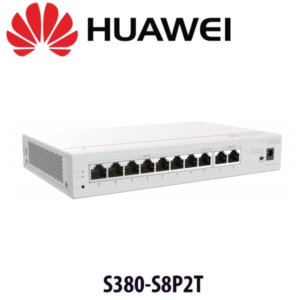Description
Huawei AP761 Access Point Dubai
The Huawei AP761 Dubai is a state-of-the-art wireless access point (AP) designed in accordance with the latest Wi-Fi 6 standard. This advanced AP is capable of providing services across three distinct frequency bands simultaneously: the 2.4 GHz band with 2×2 MIMO, the 5 GHz band with 2×2 MIMO, and another 5 GHz band with 4×4 MIMO. The incorporation of built-in smart antennas ensures that Wi-Fi signals remain robust and uninterrupted, significantly boosting the overall wireless network experience for users. This makes the Huawei AP761 Dubai an ideal solution for environments with high user density, such as mobile offices, educational institutions, and large venues like stadiums.
Features
- The AP761 has built-in directional antennas and works simultaneously on the 2.4 GHz (2×2 MIMO) and 5 GHz (2×2 MIMO) frequency bands.
- 1 x GE electrical port + 1 x SFP optical port
- 6 kA surge protection for Ethernet ports, IP68 waterproof and dustproof level, and extended operating temperature range of –40°C to +65°C, meeting industrial-grade requirements
- Bluetooth serial interface-based O&M through the built-in Bluetooth module by collaborating with CloudCampus APP; collaboration with a location server to accurately locate Bluetooth terminals and tags
- Working modes: Fit, Fat, and cloud management
Technical Specifications
| Description | AP761(11ax outdoor,2+2 dual bands,built-in antenna,BLE) |
| Part Number | 02355VFB |
| Model | AP761 |
| First supported version | V200R023C10 |
| Installation Type |
|
| Dimensions without packaging (H x W x D) [mm(in.)] | 69 mm x 200 mm x 200 mm (2.72 in. x 7.87 in. x 7.87 in.) |
| Dimensions with packaging (H x W x D) [mm(in.)] | 160 mm x 470 mm x 390 mm (6.30 in. x 18.50 in. x 15.35 in.) |
| Weight without packaging [kg(lb)] | 1.91 kg (4.21 lb) |
| Weight with packaging [kg(lb)] | 3.73 kg (8.22 lb) |
| Storage | NAND Flash 512 MB |
| Console port | BLE console |
| Maximum power consumption [W] | 17.7 W |
| Maximum heat dissipation [BTU/hour] | 60.4 BTU/hour |
| Power supply mode | PoE |
| Input voltage range [V] | PoE: 802.3at/af |
| Service port surge protection | 6 kA in common mode |
| Maximum number of physical ports on the entire device | GE (RJ45) x 1, 10M/100M/1000M auto-sensing
GE optical port (SFP) |
| Long-term operating temperature [°C(°F)] | –40°C to +65°C (–40°F to +149°F) (From 1800 m to 5000 m [5905.51 ft. to 16404.20 ft.], the maximum temperature of the device decreases by 1°C [1.8°F] for every 300 m [984.25 ft.] increase in altitude.) |
| Storage temperature [°C(°F)] | –40°C to +85°C (–40°F to +185°F) |
| Long-term operating relative humidity [RH] | 0% RH to 100% RH |
| Long-term operating altitude [m(ft.)] | –60 m to +5000 m (–196.85 ft to +16404.20 ft) |
| Atmospheric pressure [kPa] | 53kPa – 106kPa ETSI 300 019-2-3 |
| Ingress protection level (dustproof/waterproof) | IP68 |
| Ground | Ground |
| Antenna port surge protection [kA] | N/A |
| Wind resistance | 67 m/s |
| BLE | BLE5.2 |
| Radio number | 2 |
| Operating frequency band |
|
| MIMO spatial streams | Radio 0 (2.4 GHz): 2×2
Radio 1 (5 GHz): 2×2 |
| Wi-Fi standard | 2.4 GHz: 802.11b/g/n/ax
5 GHz: 802.11a/n/ac/ac Wave 2/ax |
| Radio interface | Built-in directional antennas |
| Antenna gain | 2.4G: 10 dBi
5G: 11 dBi BLE: 5 dBi |
| Beamwidth of the built-in antenna [degrees] | 2.4 GHz:
5 GHz:
|
| Maximum transmit power | 2.4G: 28 dBm (Max)
5G: 27 dBm (Max) NOTE: This is the total MIMO radio power, which is the same as: 2.4G: 25 dBm/chain (Max) 5G: 24 dBm/chain (Max) BLE: < 10 dBm |
| Singal radio transmit power [dBm] | 2.4G: -10 dBm to 25 dBm/chain
5G: -10 dBm to 24 dBm/chain |
| MTBF [year] | 123 year |
| MTTR [hour] | 0.5 hour |
| Frequency stability [ppm] | +/-20 |
| 802.3bt power supply description | No function is limited. |
| 802.3at power supply description | No function is limited. |
| 802.3af power supply description | Wi-Fi: 2.4 GHz (2×2) + 5 GHz (2×2). The maximum combined power is adjusted to 23 dBm (2.4 GHz) and 23 dBm (5 GHz).
Wired network port: The SFP optical port and GE/PoE_IN work as combo ports, and only one of them is working at a time. If both of them are enabled, the optical port takes effect preferentially. |














